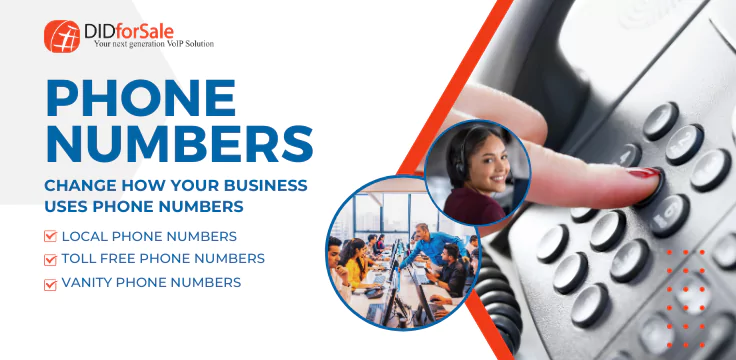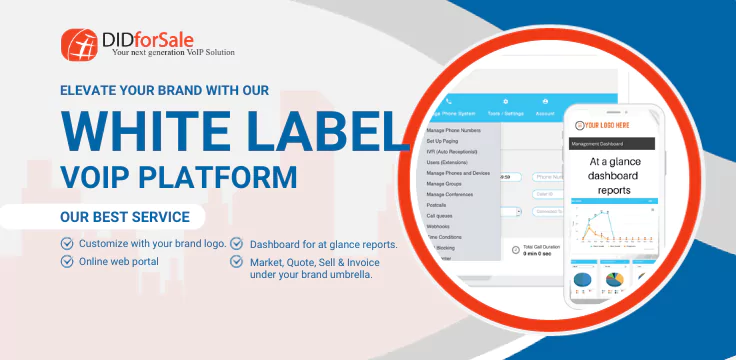When VoIP came along, a lot of its pundits believed it’s going to be the end of the long-distance phone companies—there would be no more monopoly.
And for a while, it worked, because companies such as Vonage became the It star not only in communications but also in IT industry. However, only a few years passed, and a lot of them had already shut down. Others shifted their focus to more lucrative customers: the different businesses.
In spite of the advantages of using VoIP mainly for personal use, there are 2 main issues that plague it, bringing it to its dying phase:
1. Mobile phones and even tablet PCs came around. Though voice quality and cost are two deciding factors in choosing a communication system, a lot of people are now giving more weight to mobility. It’s a value tablet PCs and mobile phones can give to users immediately. Worse, many carriers are already offering affordable rates, as well as pre-paid plans, which give users plenty of control over calling costs.
2. Telephone companies transformed themselves. The main competitors of these VoIP providers felt the effects of the newest service, but instead of pulling themselves behind, they pushed themselves forward by innovating. Because they already have the technology and capital, they have conveniently and quickly transformed themselves into Internet and mobile firms.
But can we already say it was a good run for consumer VoIP? Not yet. It’s not officially dead. As long as these providers are also willing to embrace mobility and take advantage of new technologies such as tablet PCs, it can still compete.
Customers need mobility therefore Services Providers must ensure customers can connect to their VoIP Service wherever they go. iPad can be used to make phone calls using IPsmarx Breeze Mobile Softphone. Customers can access Breeze from their Iphone, Ipod Touch and also the Android Phones. The advantage is great savings for both clients and service providers. For example, Calling Card Providers no longer need to print actual cards. They can offer PINless services virtually and VoIP Residential Service Providers no longer need to provider hardware devices like IP phones or adaptors which range from $30-$150 per unit. Now clients can connect to their accounts using Breeze and their cellphones and access their service anytime and anywhere!
The old long distance companies realized that there was more money to be made in wireless and Internet and abandoned their old “long distance” focus. They have transformed themselves into cellular and Internet companies. It turns out that the future may not be about making VoIP calls over wired lines after all. Consumers speak with their wallets and they seem to be screaming for mobility




